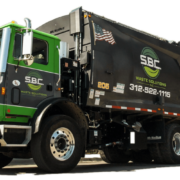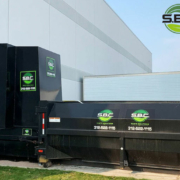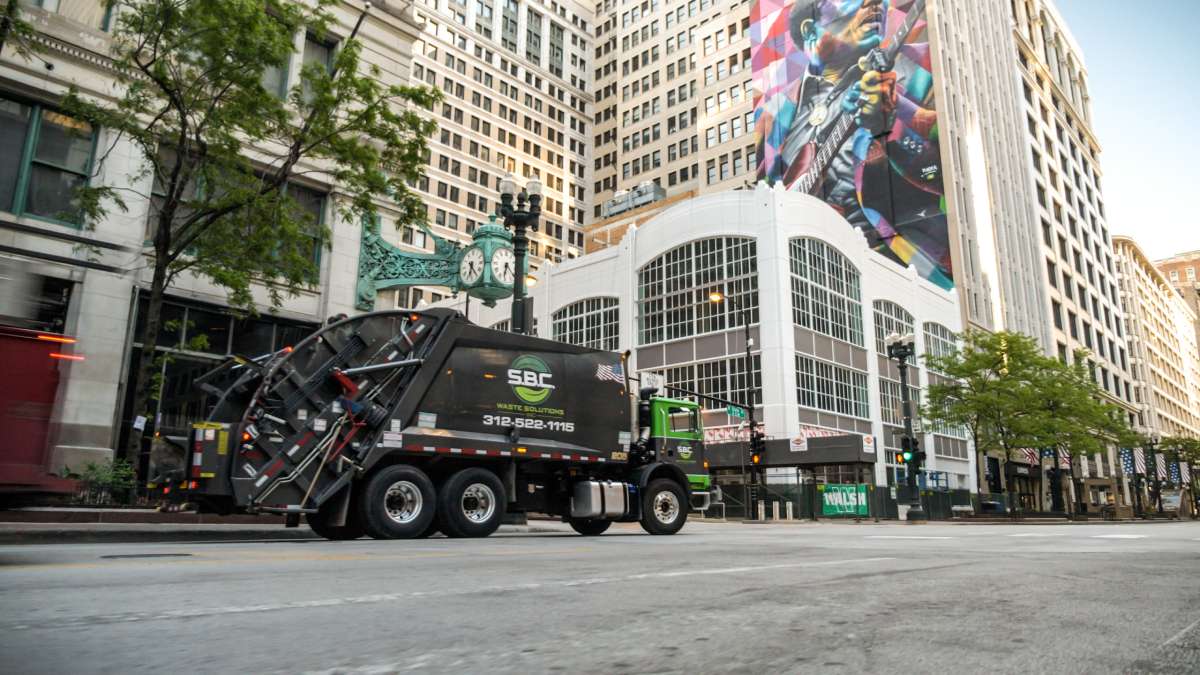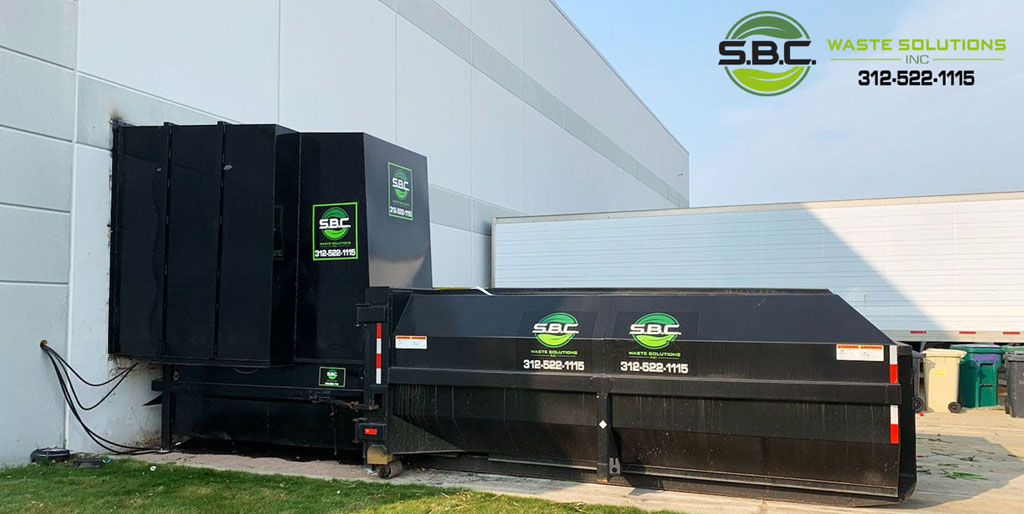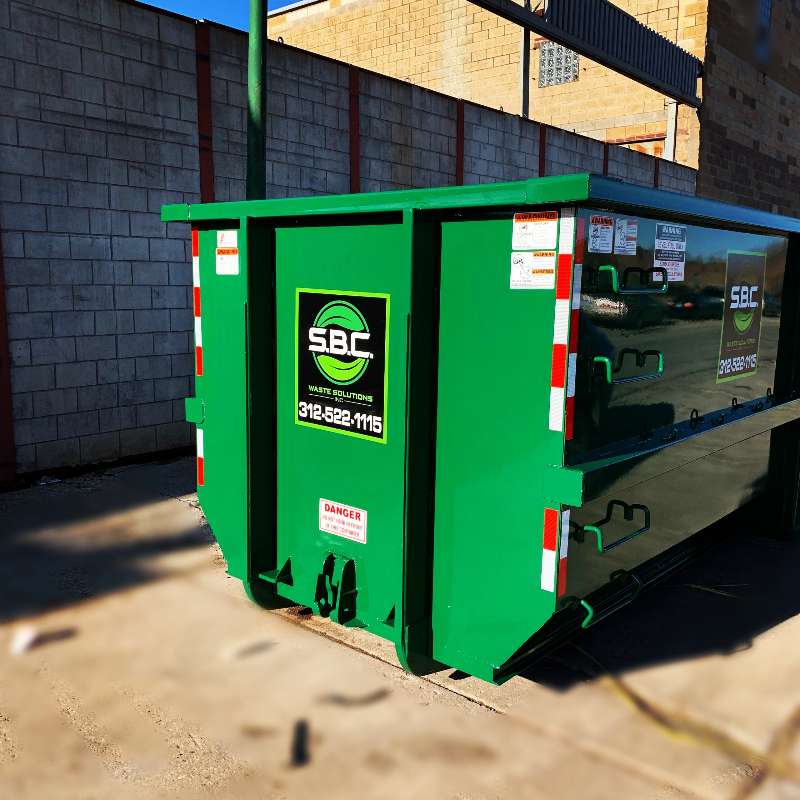Understanding the Process of Trash Pick-Up
Understanding the Process of Trash Pick-Up
Have you ever paused to consider what happens to your trash after it’s taken from the curb? It’s something so routine in our daily lives that we seldom give it a second thought. Yet, the process of trash pickup is a complex and intricate operation that plays a crucial role in maintaining the cleanliness and hygiene of our communities. In this enlightening post, we’ll peel back the layers of your everyday garbage collection service to uncover the hidden mechanisms that ensure our neighborhoods remain pristine. Join us as we explore key insights and practical tips for understanding the process of trash pick-up service. Whether you’re a concerned citizen aiming to be more environmentally conscious, or simply curious about the journey your trash takes, this guide is for you.
Understanding the Essentials of Garbage Collection
Taking a step back, it’s pivotal to grasp the essentials of the garbage collection process, which encapsulates numerous stages. Here’s a concise breakdown:
- Collection Phase: Arguably the most noticeable stage, during which waste management entities dispatch fleets to gather trash from allocated spots or residences.
- Transport Phase: Post-collection, the accumulated trash is conveyed to a facility designated for sorting or directly to landfill sites.
- Sorting and Processing: Upon reaching the sorting center, the waste undergoes categorization into various segments—recyclables, organics, and non-recyclables. The categorization process might be executed manually or with the aid of mechanized systems.
- Disposal Method: Following the sorting procedure, each waste category is treated accordingly, via recycling, composting, or landfilling, ensuring it’s dealt with in a responsible manner.
- Cleanup and Upkeep: Concluding the disposal, cleaning, and maintenance are conducted around the collection zones to mitigate any potential health or environmental risks.
This systematic approach ensures that our neighborhoods remain pristine while also contributing to the sustainability efforts by managing waste efficiently.
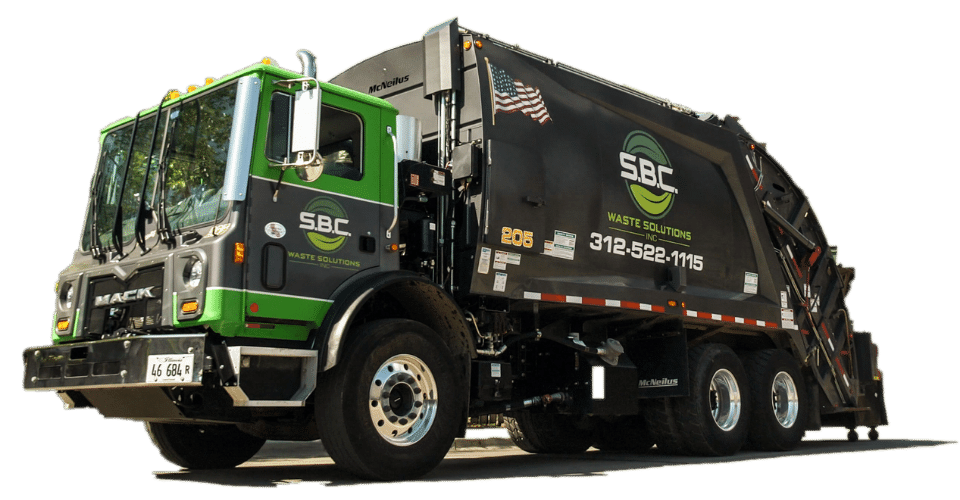
Trash Pick-Up Service
Understanding the Journey of Waste Disposal
Ever pondered the final stop for the waste we generate? The fate of our discarded items hinges on their categorization and treatment. Below, we explore the typical pathways assigned to various waste categories:
- Recycling: Items earmarked for recycling are dispatched to specialized facilities. Here, they undergo sorting and reprocessing, emerging as raw materials for fresh products.
- Organic Matter: Organic refuse often finds a second life through composting. This process transforms it into fertile soil, enriching agricultural lands.
- Landfill: Waste that defies recycling or composting guidelines is destined for landfills. Sealed from the elements, it gradually breaks down, albeit over an extended period.
The Significance of Responsible Waste Management
Did you know that when we don’t throw away our trash the right way, it can make our planet and the animals that live here very sad? Littering, like tossing a candy wrapper on the ground, or not throwing away things correctly can hurt the Earth. It can make the water dirty and the ground sick, which isn’t good for the trees, animals, or us!
But guess what? We can be heroes for our planet! When we throw our trash in the right bin and recycle things like paper, plastic, and cans, we’re helping keep our parks, oceans, and backyards safe and clean. Plus, we can even turn some of our food scraps into compost, which helps plants grow better.
Every time we recycle or use the right bin for our trash, we’re doing a big high-five for our planet. It’s something all of us can do! By being smart about where we put our trash, we’re making sure the Earth stays happy and healthy. Isn’t it cool to think that you can help the world by just throwing away your trash the right way?
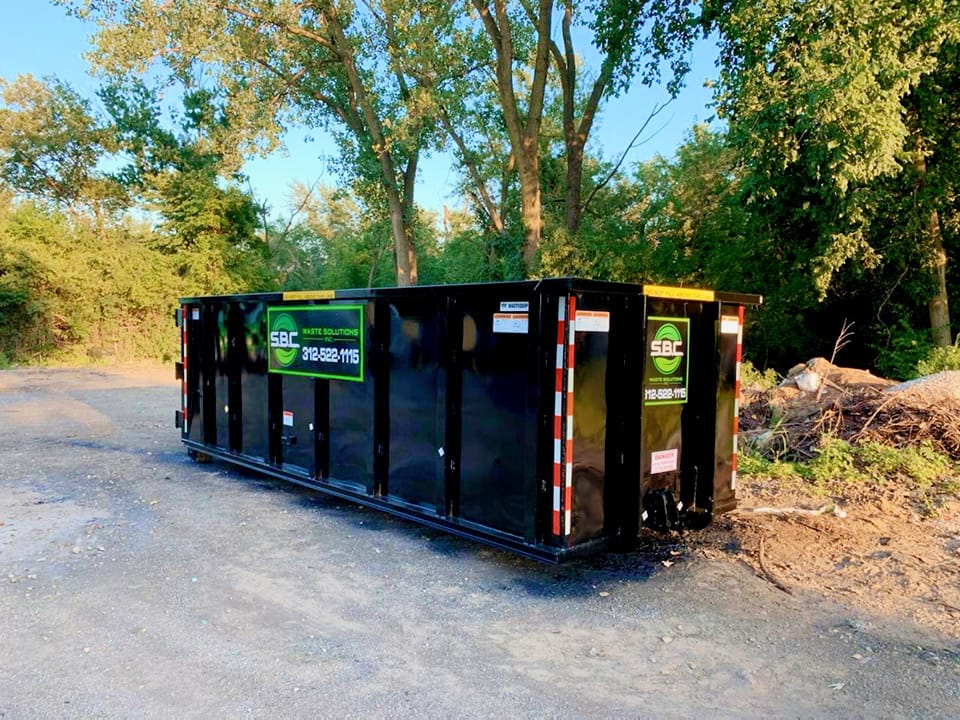
Waste Removal Service
Strategies for Eco-Friendly Waste Management
- Sorting Recyclables from Everyday Trash: Distinguishing between recyclable items and non-recyclable waste is a critical step in minimizing landfill accumulation. This action supports recycling initiatives and lessens the environmental burden.
- Ensuring Trash is Securely Bagged: Utilizing durable bags and securely sealing them is essential to avoid spillages and leaks while the waste is in transit, keeping our streets and environment clean.
- Disposing of Hazardous Items Responsibly: Regular trash bins are not the place for hazardous waste such as batteries, electronic devices, and chemicals. It’s important to consult local waste management services to find out the correct disposal procedures for these types of waste.
- Embracing the Three R’s: Reduce, Reuse, Recycle: Our collective effort to diminish waste output can have a significant impact. By choosing to reuse what we can and opting to recycle, we contribute to a more sustainable future.
Scheduling and Routes: Streamlining the Path of Our Trash
A crucial aspect of the trash pick-up process revolves around the meticulous planning of schedules and routes, ensuring waste is collected efficiently and with minimal disruption to daily life. Each neighborhood is assigned specific days of the week for garbage collection, which are determined based on factors like the volume of waste typically generated and the geographic layout.
- Scheduling not only provides predictability for residents but also allows waste management companies to optimize their resources. By adhering to a regular schedule, they can better manage the fleet of trucks and personnel, ensuring that all areas are serviced timely.
- Routing, on the other hand, is the strategic planning of the path each garbage truck takes. This involves complex logistics to minimize travel time and fuel consumption while maximizing the amount of trash collected per trip. Advanced software and GPS technology often aid in creating the most efficient routes, taking into account variables such as traffic patterns, road closures, and even weather conditions.
Together, scheduling and routing are vital for the smooth operation of trash collection services, reflecting a commitment to operational excellence and environmental responsibility. Through these efforts, waste management agencies play a pivotal role in keeping our cities clean and sustainable.
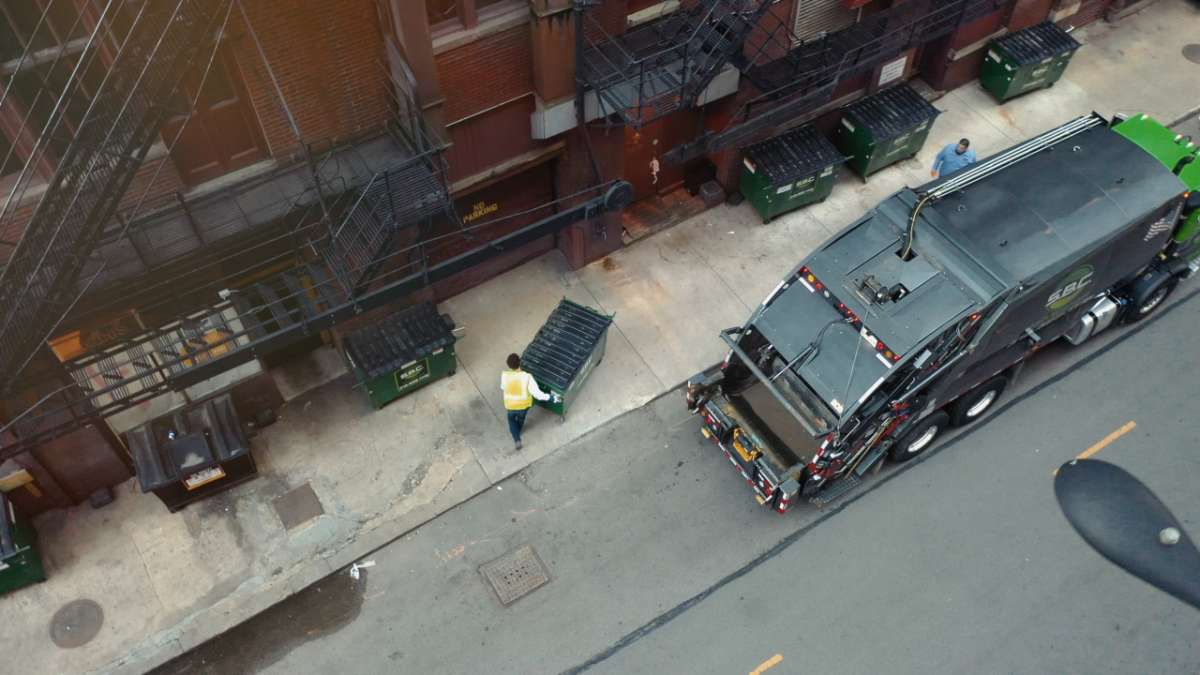
Trash Pickup Service Provider
Conclusion
Trash pick-up may seem like a mundane task, but it plays a significant role in keeping our communities clean and healthy. By understanding the process and following responsible disposal practices, we can all contribute to a cleaner and greener environment. Remember, every small action counts! So next time you put out your trash for pick-up, take a moment to appreciate the journey it takes before finally being disposed of properly. So let’s do our part in making sure our neighborhoods stay tidy and beautiful for generations to come. Together, we can make a positive impact on our environment and create a better future for all. Happy trash pick-up day!
https://www.google.com/maps?cid=4180240075447051620

